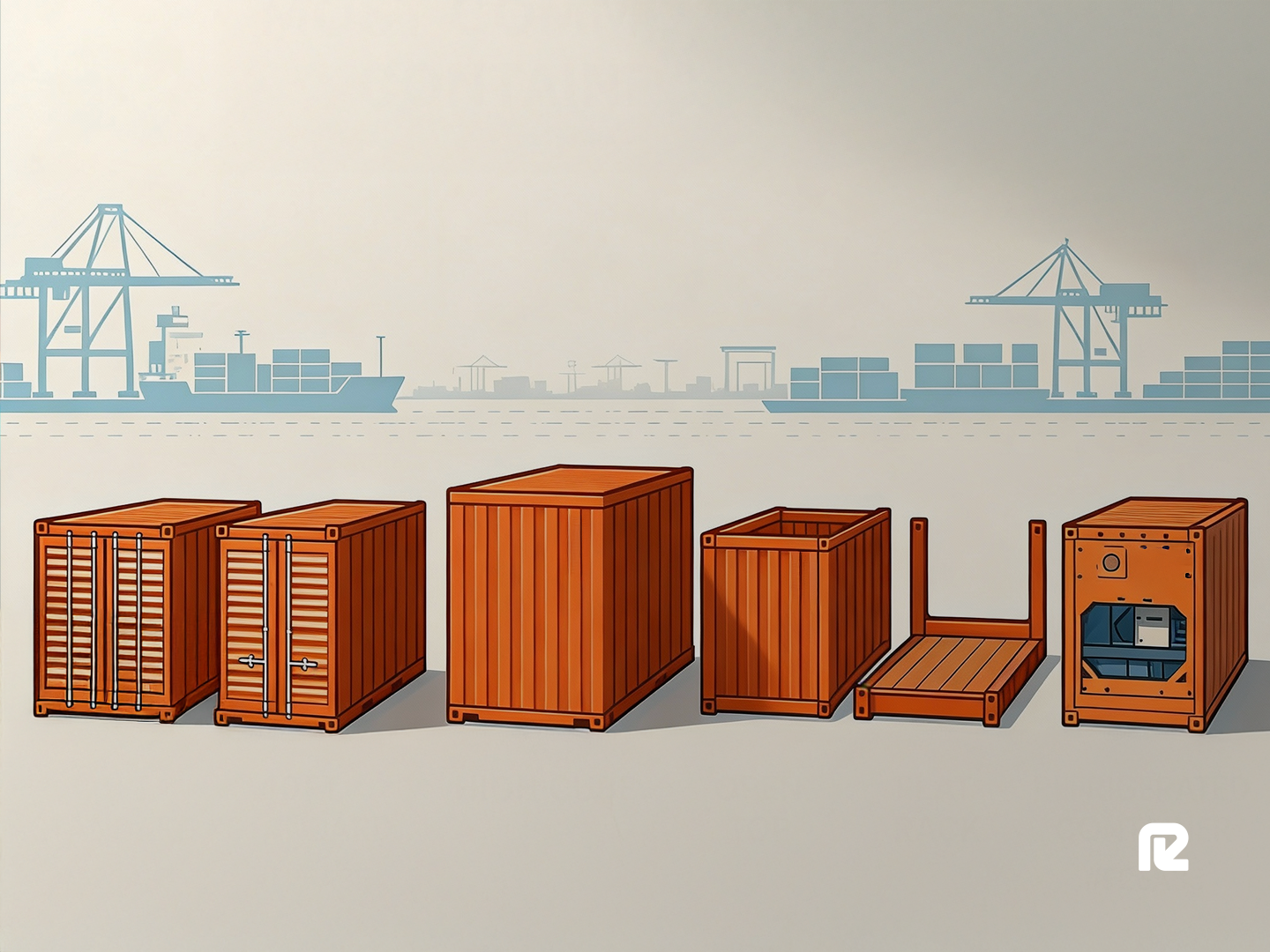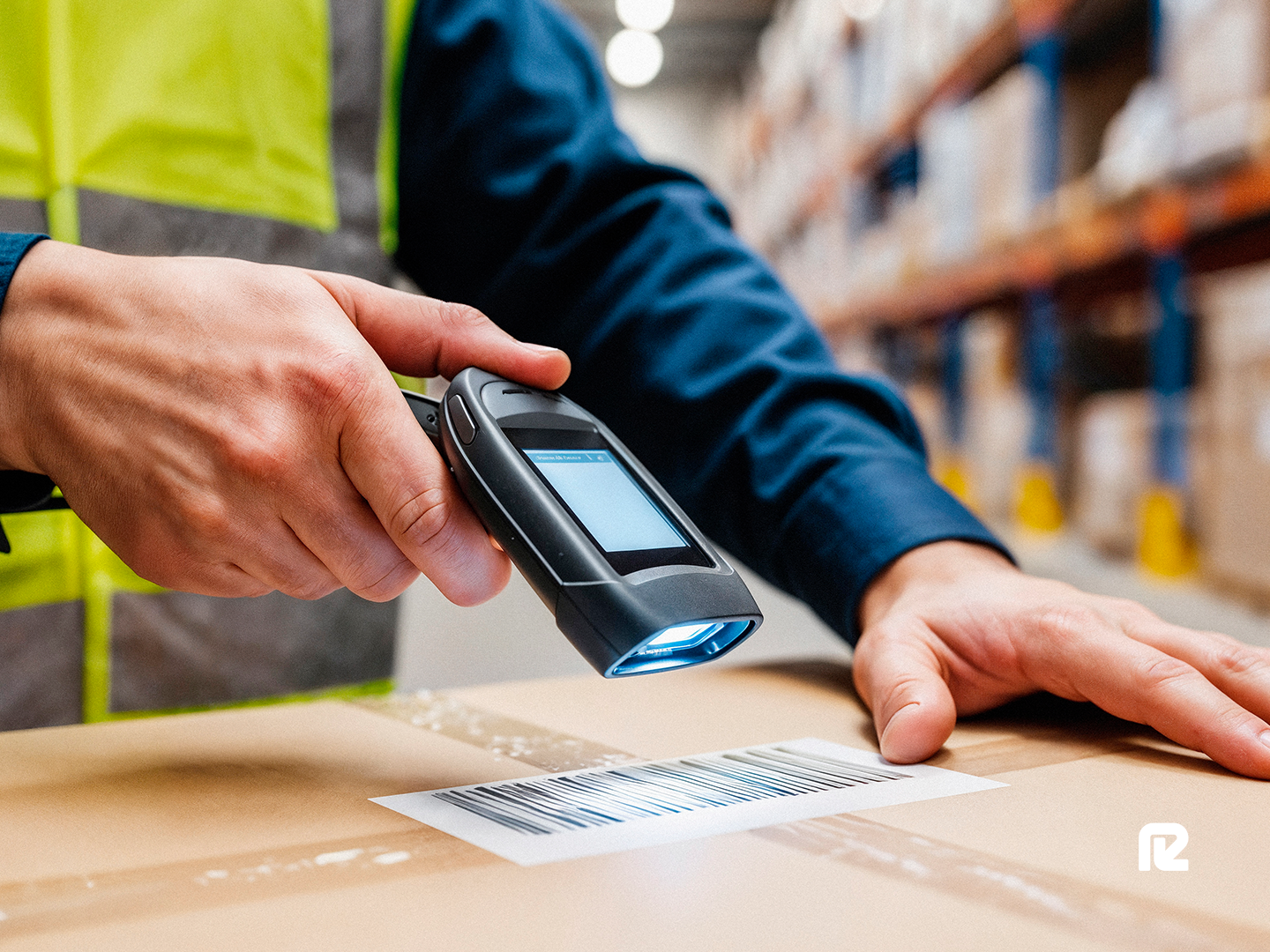Delivered Duty Paid (DDP) Incoterms: A Complete Guide for Cross-Border Shippers
%20Incoterms%20(1).png)

Clarity in responsibilities and costs can make the difference between a smooth shipment and a logistical nightmare in international trade. Internationally recognized rules published by the International Chamber of Commerce (ICC) define the roles of buyers and sellers in cross-border transactions. Among these, Delivered Duty Paid (DDP) is one of the most buyer-friendly terms available.
For businesses importing goods into regions with complex customs environments, DDP offers a practical way to simplify trade and reduce friction. At Reload Logistics, we regularly manage DDP shipments for clients who want complete delivery solutions. Here's what you need to know.
Overview of Incoterms: The 11 Rules Explained
Incoterms, short for International Commercial Terms, are a global set of rules that define the responsibilities of sellers and buyers in the delivery of goods. The latest version includes 11 terms that outline who pays for and manages the shipment, insurance, documentation, customs clearance, and other logistical responsibilities.
The 11 Incoterms are divided into two categories:
• Rules for any mode of transport: EXW, FCA, CPT, CIP, DAP, DPU, DDP
• Rules for sea and inland waterway transport: FAS, FOB, CFR, CIF
Each term shifts varying levels of responsibility between the buyer and seller. For example, under EXW (Ex Works), the seller has the least responsibility, but under DDP, the seller assumes the most, delivering goods to the buyer’s location and covering all costs and risks along the way.
DDP stands out because it includes import customs clearance and the payment of duties and taxes, this is something unique that no other Incoterm requires from the seller. This makes DDP particularly useful for shipments into countries where customs regulations can be complex, such as Zambia, South Africa, or Mozambique.
Delivered Duty Paid (DDP) Meaning
Delivered Duty Paid (DDP) is an Incoterm rule that means the seller is responsible for all risk and costs associated with shipping goods. This includes export duties, international freight costs, insurance, import duties and taxes, and inland transportation up until the final point of delivery, which is agreed upon between the buyer and seller. Essentially, DDP ensures the seller pays for all costs door-to-door.
In this scenario, the buyer is only responsible for receiving those goods and, if necessary, unloading them. This level of service removes complications for the buyer, offering more stable costs, and reduces administration tasks.
Breakdown of Responsibilities: Buyer vs Seller
The entire premise of DDP is that the seller takes full responsibility until the goods reach the agreed-upon location between buyer and seller. Having said this, there still must be clear outlines in the contract that spell out which party will be responsible for unloading costs or unexpected customs inspections.
Because the seller takes on most of the cost responsibility, DPP often comes with a higher price tag than other Incoterms might do, like FOB (Free on Board) or DAP (Delivered at Place). However, this higher cost for the buyer translates into greater certainty and reduced risk in the long run.
Seller's Responsibilities and costs they must account for:
• Packaging and Documentation: Goods must be packaged to international standards, with proper labeling and documentation.
• Inland Transport: The seller arranges and pays for transport to the port or airport.
• Export Customs Clearance: The seller handles all export duties, licenses, and certifications needed to ship the goods legally.
• Import Customs Clearance: Perhaps the most significant part of DDP, the seller clears the goods at the destination, paying all duties, VAT, and other import taxes.
• International Freight: The seller arranges shipping, whether by air, sea, or land, and often covers insurance as well.
• Final Delivery: The seller completes inland transport in the destination country, delivering goods to the specified location.
Buyer’s Responsibilities:
Typically, the buyers' only obligation under DDP is to unload the goods upon arrival, unless otherwise stated in the contract. The buyer is not responsible for customs, taxes, or any transportation. However, DDP doesn’t mean that the buyer can forget about the contract; there may still be some tasks they can support the seller with, such as destination -specific documentation or coordinating site access to complete final delivery.
DDP vs. DAP: What's the Difference?
Although they sound similar, Delivered Duty Paid (DDP) and Delivered at Place (DAP) are quite different in terms of responsibility.
Under DAP, the seller arranges delivery to the agreed location, but the buyer is responsible for import customs clearance and paying duties and taxes. With DDP, the seller handles those as well.
This distinction is important in countries where customs processes can be complex. DDP ensures that the buyer doesn’t have to navigate unfamiliar regulations or risk delays due to missing documentation. It also allows the buyer to calculate the total landed cost upfront, which can simplify pricing strategies and improve customer satisfaction.
When Should You Use DDP?
DDP is ideal when the buyer:
• Lacks expertise in local import regulations
• Wants a fully managed delivery experience
• Needs accurate cost forecasting
• Prefers to avoid dealing with customs authorities
• Is entering a new or high-risk market
For sellers, DDP is much easier to manage when they team up with a trusted logistics partner like Reload Logistics. With the right support, exporters can offer DDP without having to deal with all the complicated parts themselves.
Legal and Compliance Considerations
Like any Incoterm, DDP comes with legal implications that should be considered carefully. In some countries, a foreign seller must be locally registered to pay VAT and other import taxes. Failing to meet these requirements can result in fines, delays, or even cancellations.
DDP contracts need to include clear delivery points, an outline of who will be responsible for unloading, and state what happens in cases such as port strikes or customs inspections. When both the buyer and seller properly understand their roles, DDP can create trust between the two parties and facilitate smooth business relationships.
How Reload Logistics Supports DDP Shipments
At Reload Logistics, we understand that global trade depends on reliability, transparency, and compliance. Our DDP services are built around those principles.
We offer full end-to-end support, including:
• Origin-to-destination, multi-modal transportation
• Payment of duties, VAT, and levies
• Warehousing and inventory handling
• Local delivery to customer facilities
With an integrated logistics network and local operations in key African markets, we help businesses navigate the risks of DDP shipping while keeping control over costs and timelines.
Delivered Duty Paid means sellers handle the tough parts, and buyers get a seamless experience. When managed correctly, trust goes up and the whole shipping process works smoothly, even when the trade landscape gets complicated.
However, that smooth DDP execution takes more than good intentions. You need boots-on-the-ground knowledge, sharp execution, and a logistics partner who can actually deliver.
That’s where Reload Logistics steps in. Our regional know-how and end-to-end service mean less risk for your business and more confidence in every shipment. Want to take the uncertainty out of cross-border trade? Let’s talk.
Categories






